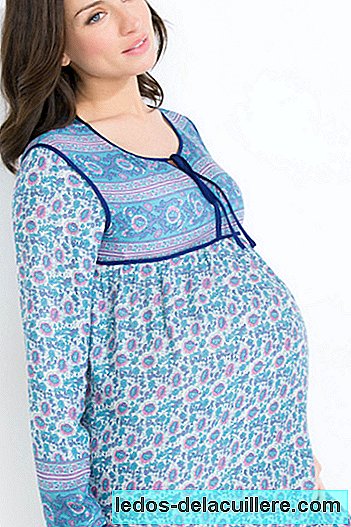
When parents consider attending the baby to a nursery or nursery school, among the biggest concerns is knowing that they will get more infectious diseases than if they stayed at home. The equation is simple: there are many children with their immune system still immature living in the same space for hours and going through very contagious viral and bacterial processes.
One of those infallible viruses every year is responsible for gastroenteritis, a disease characterized by inflammation of the gastrointestinal tract mostly caused by rotavirus. A team of Dutch experts analyzed a group of more than 2,200 children, of whom 83 percent attended daycare centers before they turned 1 year old, and found that Children who go to daycare get gastroenteritis before, but later they get sick less.
Viral gastroenteritis in children doubles its incidence in winter, due to the cold, coinciding with the epidemics of bronchiolitis and influenza. It is transmitted orally and although hygienic precautions are taken, rotavirus is highly contagious and resistant.
Although the number of hospitalizations has decreased considerably, this disease that causes diarrhea, vomiting and fever can lead to dehydration in many cases and require hospitalization.
Research indicates that Babies who go to daycare centers get their first stomach germ before babies who stay at home, but in the end they develop less of these gastrointestinal diseases in their preschool period. Dutch scientists found a 13 percent higher rate of acute gastroenteritis, or intestinal flu, among nursery children in their first two years.
However, later, the nursery children seemed to enjoy a protective effect due to its early exposure to viruses, and suffered fewer stomach germs between 3 and 6 years of age than their peers who had not attended daycare.
"The nursery does influence the moment in which one suffers from gastroenteritis, but it does not increase the suffering in general because of it," said the author of the study, Marieke de Hoog, postdoctoral researcher of public health epidemiology at the University Medical Center from Utrecht, in the Netherlands.












